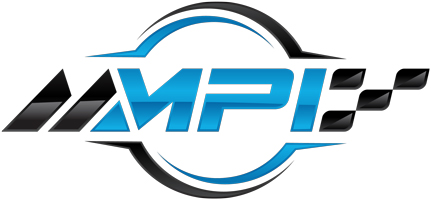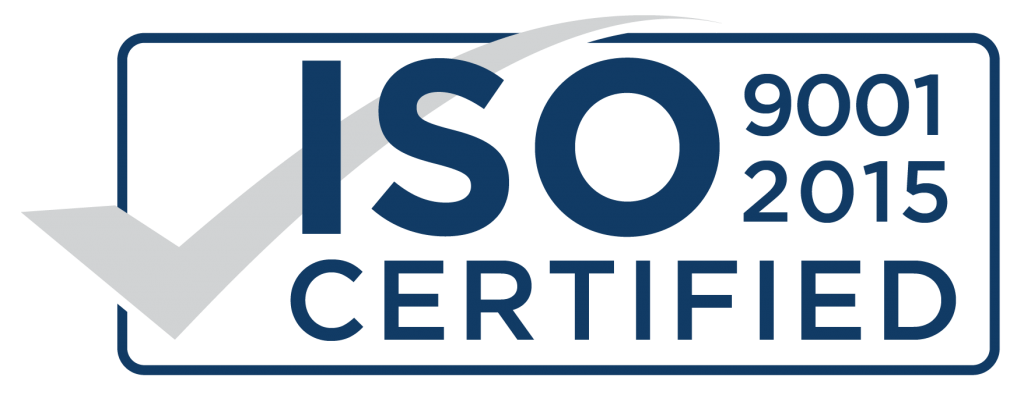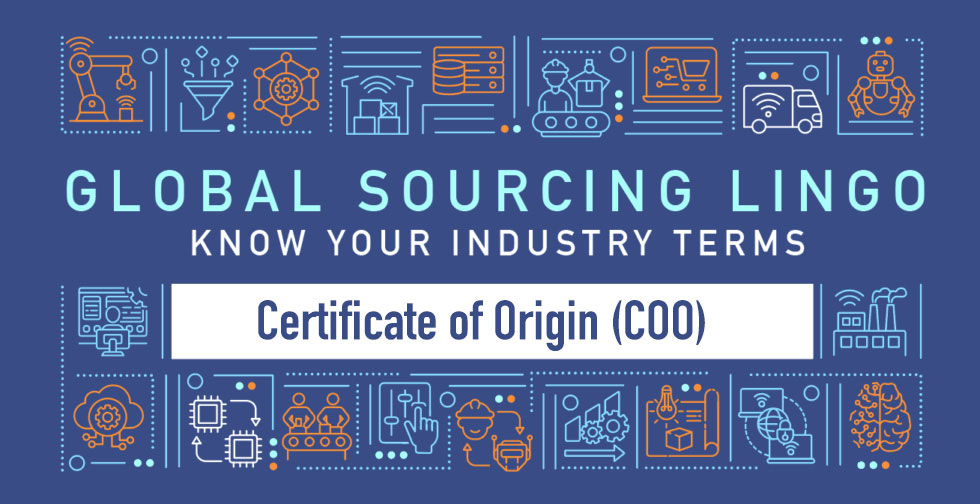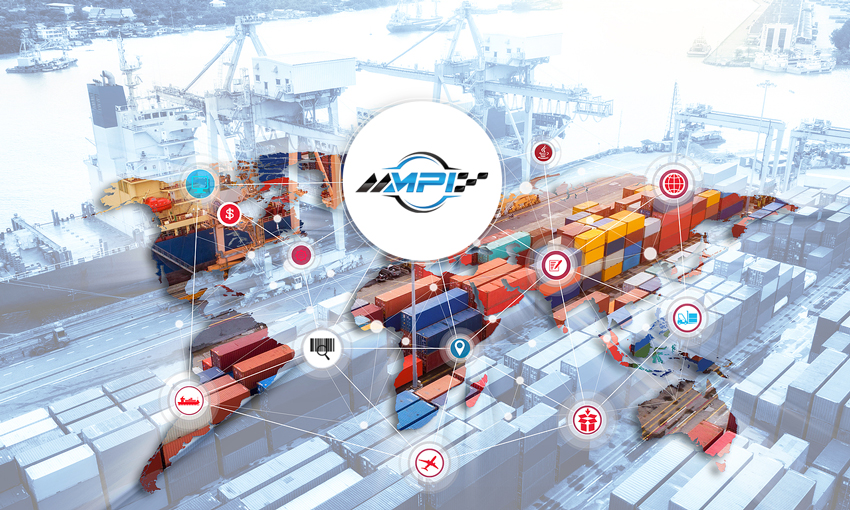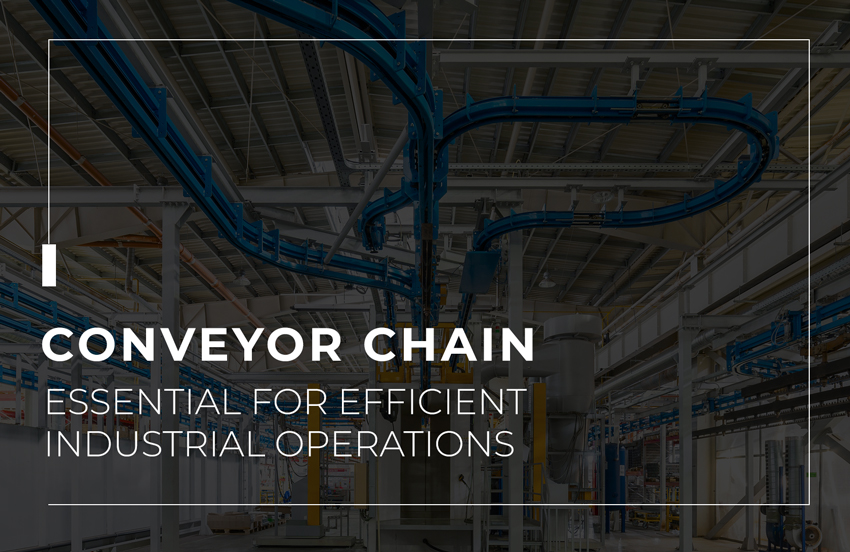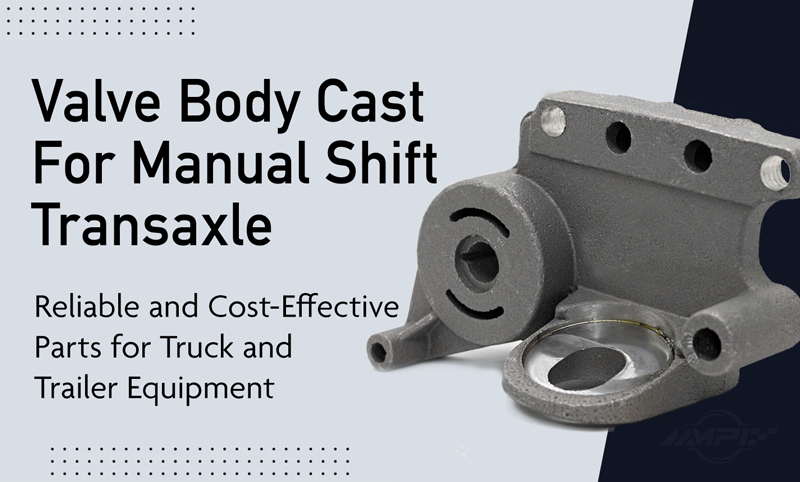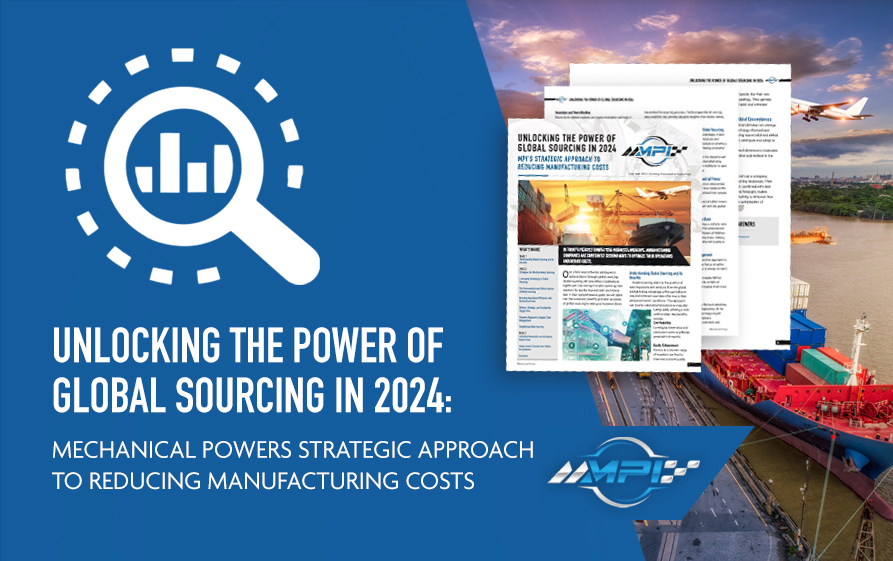Introduction: Deciphering the Vital Role of COOs
In the intricate landscape of global trade, one document stands out for its significance in determining the origin of goods and ensuring adherence to trade regulations: the Certificate of Origin (COO). Despite its seemingly mundane nature, this paperwork plays a pivotal role in supply chain management, facilitating seamless transactions while minimizing trade barriers.
Understanding the Essence of COOs
At its core, a Certificate of Origin serves as a formal declaration pinpointing the country where goods were manufactured or processed. It acts as a testament to the nationality of exported products, furnishing vital information for customs authorities and trade partners alike. Although its importance may not be immediately apparent, delving deeper into the intricacies of COOs reveals their indispensable role in the global marketplace.
Facilitating Customs Clearance Processes
One of the primary functions of a COO is to streamline customs clearance processes. By accurately documenting the origin of goods, this document aids customs officials in verifying parts authenticity and assessing applicable duties and tariffs.
Without a valid COO, importers risk encountering delays, inspections, or even shipment rejections, leading to costly disruptions in the supply chain. Therefore, businesses engaged in international trade must ensure compliance with COO requirements to expedite customs procedures and circumvent unnecessary complications.
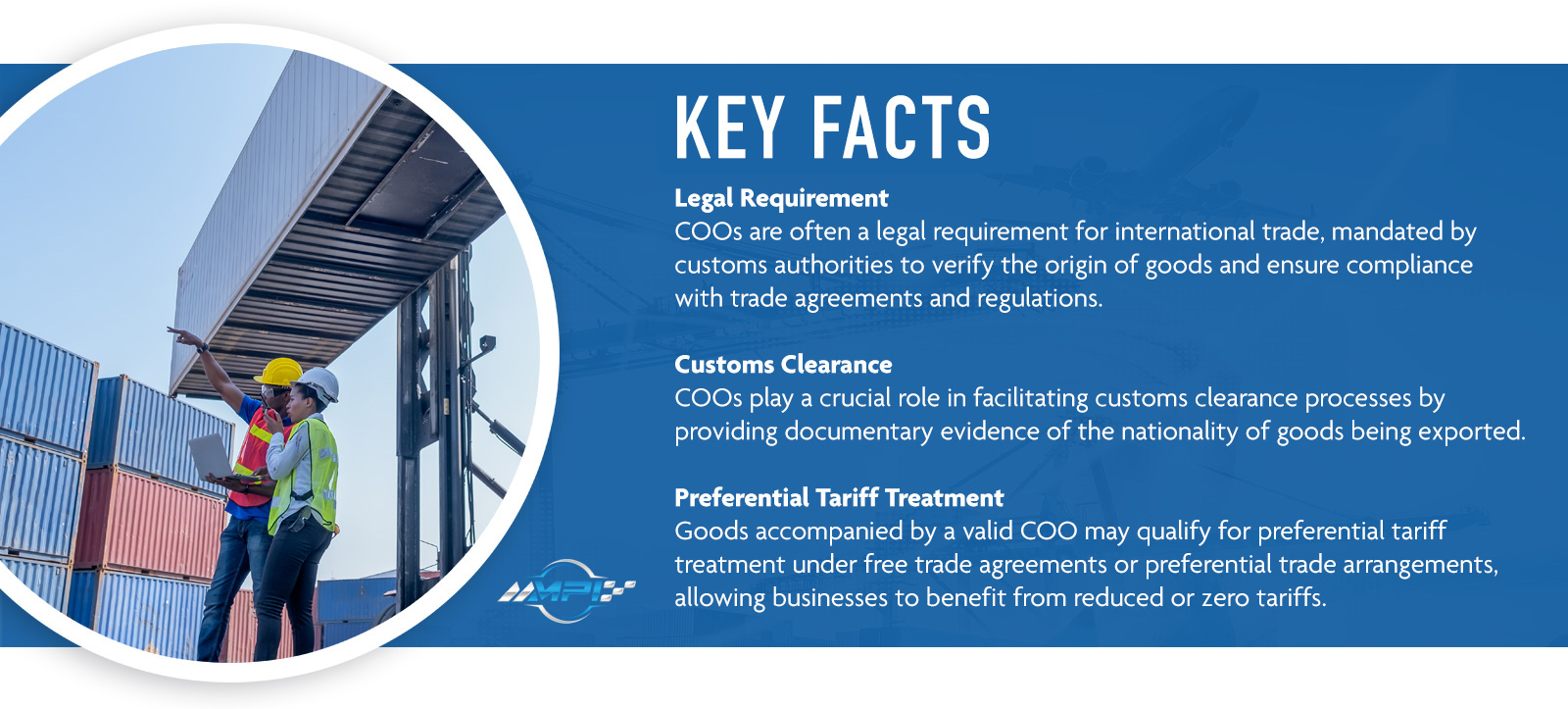
Navigating Trade Compliance and Preferential Trade Agreements
COOs also play a pivotal role in trade compliance, particularly concerning preferential trade agreements and tariff concessions. Many countries have established free trade agreements (FTAs) or preferential trade arrangements aimed at reducing trade barriers and fostering economic cooperation.
Under these agreements, goods originating from participating countries may qualify for preferential treatment, such as lower or zero tariffs. However, to avail themselves of these preferential tariffs, exporters must furnish a valid COO attesting to the eligibility of their products. Failure to comply with COO requirements can result in the forfeiture of preferential treatment and increased costs for both exporters and importers.
Navigating the COO Issuance Process
Understanding the documentation requirements for obtaining a COO is essential for businesses engaged in international trade. Typically, COOs can be issued by authorized entities such as chambers of commerce, trade associations, or government agencies. The process may entail providing detailed information about the product, including its description, value, and manufacturing process, along with supporting documentation such as invoices or production records.
Additionally, exporters must adhere to specific regulations governing the issuance and format of COOs, ensuring their validity and acceptance by customs authorities.
Did You Know?
For more than forty years Mechanical Power has been supplying high-quality bearing at competitive prices from around the world. We are best known for sourcing the highest-quality industrial parts at competitive prices from around the world.
Maximize efficiency of your equipment.
Conclusion: Harnessing the Power of COOs in Global Commerce
In conclusion, the Certificate of Origin (COO) plays an integral role in supply chain management and international trade. By furnishing clear documentation of the origin of goods, COOs facilitate customs clearance, ensure compliance with trade regulations, and empower businesses to capitalize on preferential trade agreements.
As global commerce continues to evolve, understanding the significance of COOs is imperative for businesses seeking to navigate the complexities of the international marketplace and optimize their supply chain operations.

Resourceful and innovative Marketing Pro, with 20+ years of progressive experience in the marketing and creative technology industry. Responsible for digital and traditional marketing efforts that promotes brand awareness, increases engagement, and drives revenue.
